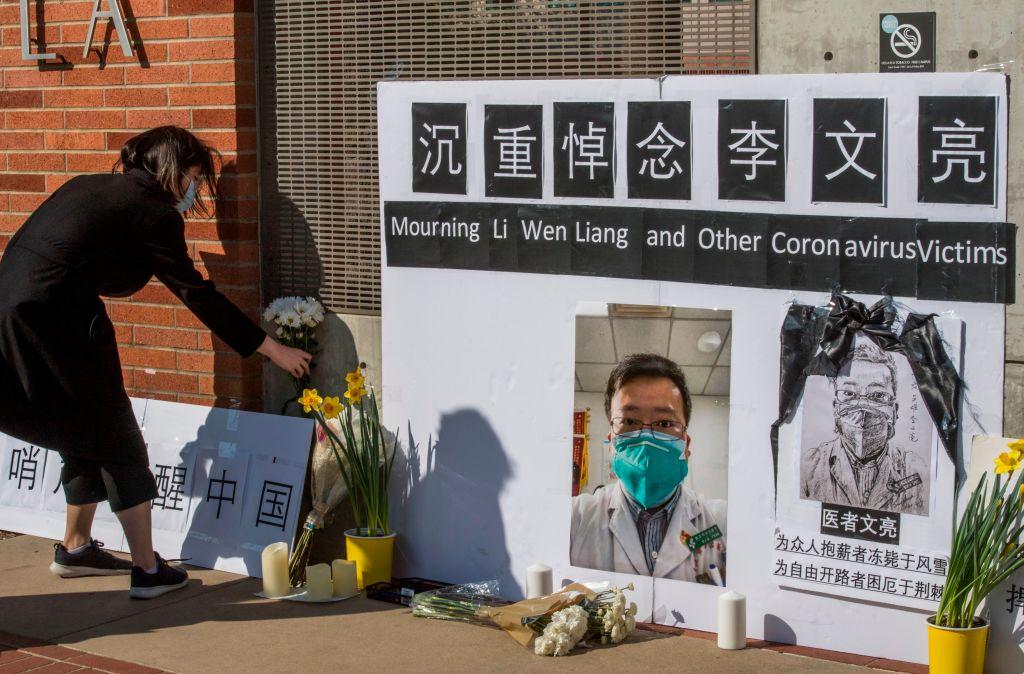The White House National Security Council (NSC) criticized the Chinese regime via Twitter on Dec. 30, saying the current pandemic would be vastly different if it had not censored whistleblower doctor Li Wenliang.
“One year ago today, Dr. Li Wenliang warned his medical colleagues over social media about clusters of cases of unknown pneumonia in Wuhan,” the NSC wrote in a series of tweets. “Chinese authorities censored him and forced him to confess to spreading rumors and disrupting social order.”





